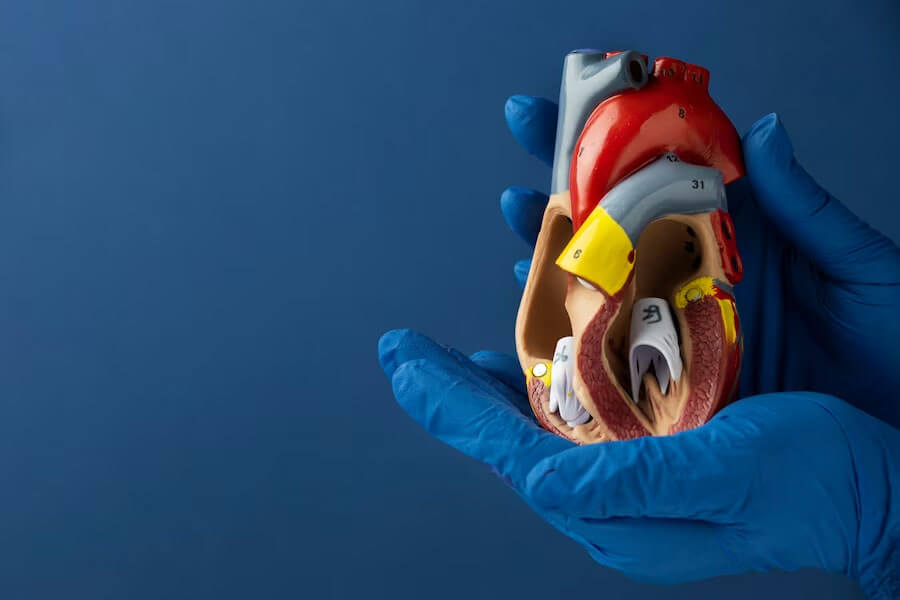- +91 9051161900
- contact@organtransplantindia.com
- Kolkata, India
Artificial Heart Transplant ( LVAD )
Artificial heart transplant and LVAD are both treatments for advanced heart failure. An artificial heart transplant is a surgery to replace the failing heart with a mechanical device that pumps blood. An LVAD, or left ventricular assist device, is a mechanical pump that is implanted in the chest to help the left ventricle pump blood.
Artificial heart transplant
An artificial heart transplant is a major surgery that is typically reserved for people who have end-stage heart failure and are not eligible for a heart transplant. The surgery takes several hours and involves removing the diseased heart and replacing it with a mechanical device. The mechanical device is powered by batteries and is connected to the major blood vessels.
After surgery, the patient will need to stay in the hospital for several weeks to recover. They will also need to take medications to prevent their body from rejecting the artificial heart.
The artificial heart is a permanent device, so the patient will need to live with it for the rest of their life. However, the artificial heart can significantly improve the patient’s quality of life and allow them to resume many of their normal activities.

LVAD
An LVAD is a less invasive surgery than an artificial heart transplant. The LVAD is implanted in the chest and helps the left ventricle pump blood. The LVAD is connected to a power source outside the body.
There are two types of LVADs: continuous-flow LVADs and pulsatile-flow LVADs. Continuous-flow LVADs pump blood continuously, while pulsatile-flow LVADs pump blood in a pulsating pattern similar to a natural heartbeat.
After surgery, the patient will need to stay in the hospital for several days to recover. They will also need to take medications to prevent their body from rejecting the LVAD.
The LVAD can be a temporary or permanent device. If the patient is eligible for a heart transplant, the LVAD can be removed and the heart transplant can be performed. If the patient is not eligible for a heart transplant, the LVAD can be used as a permanent treatment for their heart failure.
Which treatment is right for you?
The best treatment for you will depend on your individual circumstances. Your doctor will consider your age, overall health, and the severity of your heart failure when making a recommendation.
If you are considering an artificial heart transplant or an LVAD, it is important to talk to your doctor about the risks and benefits of each procedure.
